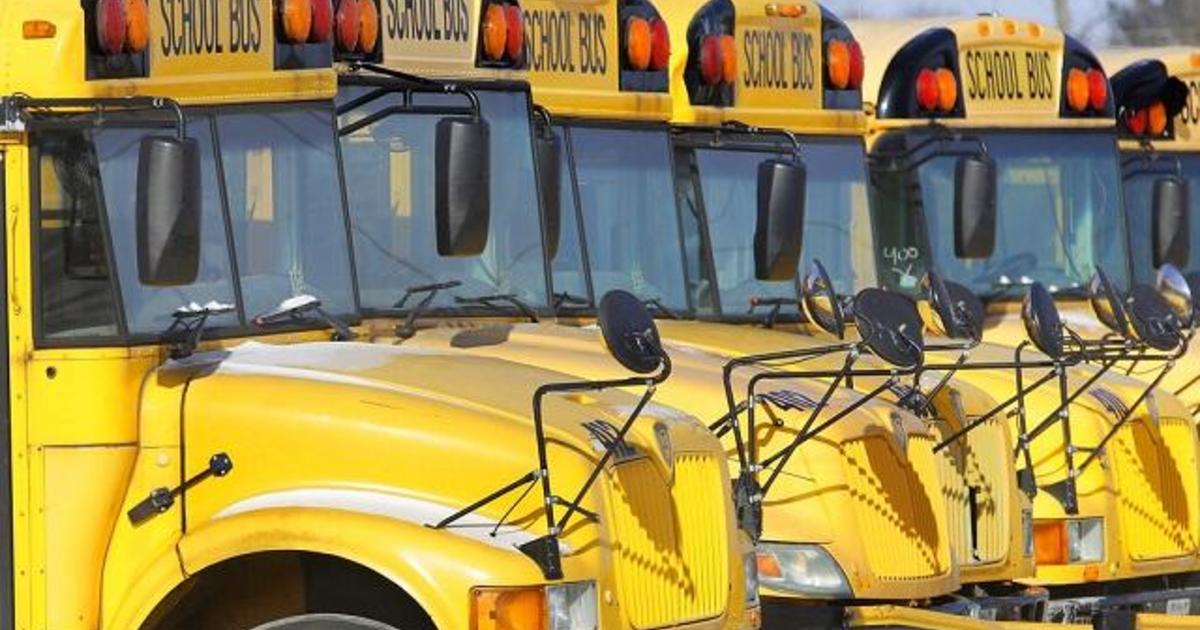Hogan Submits Supplemental Budget Aimed At Supporting First Responders, Homeowners
BALTIMORE (WJZ) -- Gov. Larry Hogan has submitted a $480 million supplemental budget to the General Assembly that aims to provide economic support to Maryland's first responders and improve economic development in rural Maryland among other things.
The budget will provide $21 million to fund emergency medical services operations and personnel through the Maryland EMS Operations Fund.
Some of that money—1.2 million—will go toward the recruitment and retention bonuses at the Office of the Chief Medical Examiner.
Another large slice of the funding—176.5 million—will support various housing and homeowner initiatives, including the Emergency Rental Assistance Program, the Homeowner Assistance Fund, and the State Small Business Credit Initiative.
Hogan hopes to steer $50 million toward the Rural Maryland Economic Development Program to stimulate the private sector investment and grow jobs in Maryland's rural areas.
He wants to spend 139.9 million on educational resources, including Blueprint for Maryland's Future initiatives.
A smaller portion of the money pot—$303,000—would go toward the recruitment and retention of veterans' cemetery workers.
The supplemental budget calls for $230.7 million to be spent on new Medicaid matching funds, including $152 million from an additional quarter of enhanced federal Medicaid matching funds.
And a small portion of the budget, a mere $800,000, would be spent on repellant to kill a two-winged fly that swarms around water and marsh areas in Baltimore County.
"With this supplemental budget, we are providing critical resources to support Marylanders' top priorities," Hogan said. "We look forward to working with the General Assembly in the coming weeks to secure a final budget that delivers record investments in education, major tax relief for families and retirees, and more support for police and first responders."
The supplemental budget aims to address issues across the state but it notably addresses prominent problems in Baltimore.
For example, Baltimore residents experienced longer response times for EMS services in 2021 due to a shortage of firefighters and paramedics, according to Baltimore City Fire Union President Rich Langford.
More recently, Baltimore has seen a growing backlog of autopsy services due to staff shortages at the OCME.
More than 200 bodies have been awaiting autopsies in the city, which prompted Dr. Victor Weedn, who was the state's medical examiner until recently, to ask for federal assistance earlier this month.
Weedn resigned last week amid concerns over the backlog and staff shortages. He was replaced by Dr. Pamela Southall.



